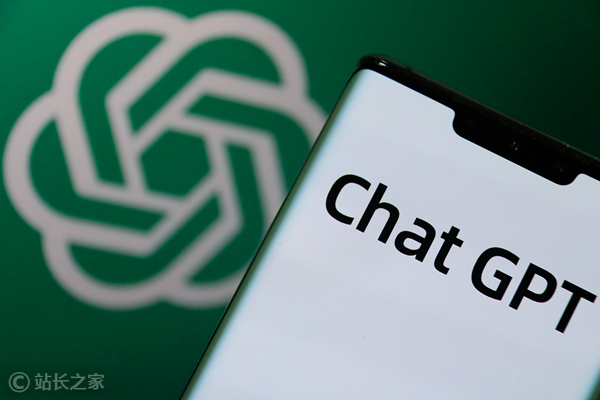Since its inception, ChatGPT has profoundly changed the way human-computer interaction occurs with its astonishing development speed and wide application. From the initial one million users to more than 200 million active users today, the success of ChatGPT is not only reflected in the explosive growth of its user scale, but also in the continuous improvement of its functions and the continuous expansion of application scenarios, from simple text interaction to multi- From modal interaction to SearchGPT with search function, ChatGPT is gradually integrating into people's daily life and becoming a home assistant and work partner.
Since its launch in 2022, ChatGPT’s development journey has marked a major shift in human-computer interaction. What started as a novel experiment has quickly grown into an indispensable digital tool in many people’s daily lives.
According to statistics, ChatGPT attracted more than one million users in just five days after its launch, and by November 2023, the number of weekly active users reached 100 million. In August 2024, this number exceeded 2 billion, with monthly visits reaching approximately 3.1 billion. Such an amazing user base reflects the widespread application of ChatGPT in daily life.

With the continuous advancement of technology, ChatGPT launched the GPT-4o version in May 2024, realizing multi-modal interaction. This upgrade enables AI to process and generate text, images and audio, greatly enriching the user experience. Whether in the summarization of legal documents, the analysis of medical images, or concept generation in creative industries, GPT-4o has demonstrated its potential as an important part of the workflow.
In October 2024, ChatGPT launched the search function SearchGPT. This innovation takes the search experience to a new level. Unlike traditional search engines, SearchGPT provides comprehensive and contextual answers, revolutionizing the way users obtain information. Although Google has long dominated the search market, its market position is being challenged under the impact of ChatGPT.
As ChatGPT's capabilities continue to improve, it has gradually entered the homes of ordinary people and become a home assistant. Whether it's organizing your schedule, solving technical problems, or helping your kids with their homework, ChatGPT is handy. This universality is what makes it unique. At the same time, Google's response in this field also appears to be lagging behind. Internal structural complexity and risk aversion have slowed down its innovation speed and cannot adapt to market demand in a timely manner.
However, ChatGPT is not without its challenges. Although its performance in some areas is commendable, there is still the problem of "illusion", that is, AI may generate information that seems reasonable but is actually inaccurate. This can impact user trust in critical areas such as medical and legal, so OpenAI has made addressing this issue a priority.
With the widespread application of ChatGPT, ethical issues have gradually emerged. A study shows that many parents trust ChatGPT’s medical advice more than professional medical professionals, a phenomenon that suggests we need to be cautious when relying on AI advice. In addition, privacy and data security issues cannot be ignored. OpenAI has taken steps to improve the privacy of user data, but discussions about AI ethics continue.
In the future, OpenAI plans to further improve the reasoning capabilities and accuracy of ChatGPT through new models to enhance user experience. The rapid development of AI tools will undoubtedly change the way we live and work. As more and more companies invest in the field of AI, ChatGPT will continue to deepen its application in professional and personal life, and the pressure from competitors such as Google will become increasingly apparent.
Highlight:
Since its launch, ChatGPT has seen a rapid increase in user numbers and has become an indispensable assistant in the home.
The newly launched SearchGPT function completely changes the way of obtaining information and poses a threat to traditional search engines.
Despite its notable achievements, ChatGPT still faces challenges regarding information accuracy and ethical issues.
All in all, ChatGPT’s development speed and influence are impressive, but it also faces many challenges. In the future, how to strike a balance between technological progress and ethical norms will be a key issue that ChatGPT and even the entire AI industry need to continue to pay attention to and solve. Its continued development will profoundly affect our future.